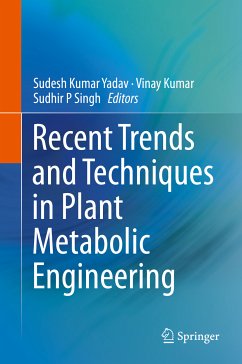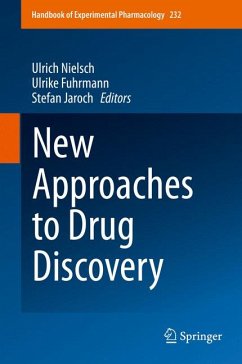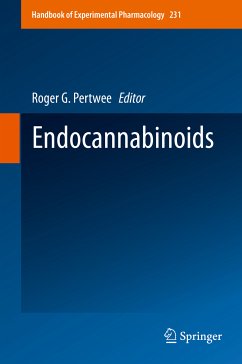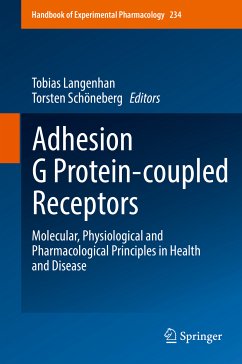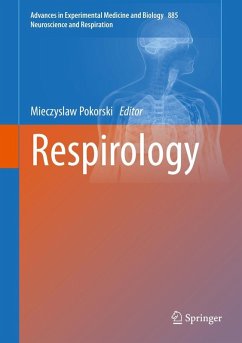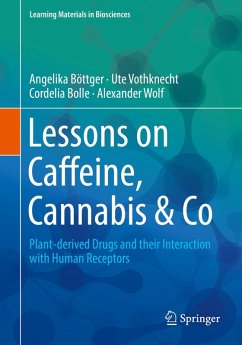
Molecular Toxicology in Caenorhabditis elegans (eBook, PDF)
Versandkostenfrei!
Sofort per Download lieferbar
128,95 €
inkl. MwSt.
Weitere Ausgaben:

PAYBACK Punkte
64 °P sammeln!
This book will focus on the molecular basis of oxidative stress induced by toxicants or stresses and various molecular signalling pathways in regulating the toxicity of toxicants or stresses in Caenorhabditis elegans. It will also cover the discussion on the aspects of response signals, G-protein coupled receptors and ion channels, specific molecular signals, and epigenetic signals involved in the regulation of toxicity from toxicants or stresses. The molecular basis for adaptive response for transgenerational toxicity of environmental toxicants or stresses will be further discussed. Nematode ...
This book will focus on the molecular basis of oxidative stress induced by toxicants or stresses and various molecular signalling pathways in regulating the toxicity of toxicants or stresses in Caenorhabditis elegans. It will also cover the discussion on the aspects of response signals, G-protein coupled receptors and ion channels, specific molecular signals, and epigenetic signals involved in the regulation of toxicity from toxicants or stresses. The molecular basis for adaptive response for transgenerational toxicity of environmental toxicants or stresses will be further discussed. Nematode Caenorhabditis elegans is a classic model animal with well-described genetic and developmental backgrounds based on the study of life science, and has been further successfully and widely used in both toxicity assessment and toxicological study of various environmental toxicants or stresses. Based on related available data, this book aims at providing a systematic understanding of the knowledge system of molecular toxicology in C. elegans.
Dieser Download kann aus rechtlichen Gründen nur mit Rechnungsadresse in A, B, BG, CY, CZ, D, DK, EW, E, FIN, F, GR, HR, H, IRL, I, LT, L, LR, M, NL, PL, P, R, S, SLO, SK ausgeliefert werden.





